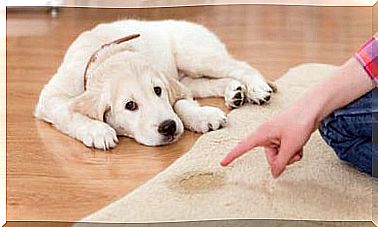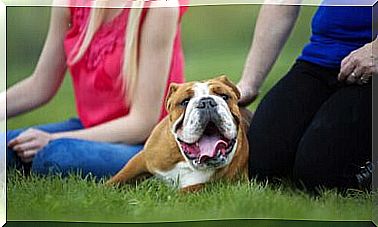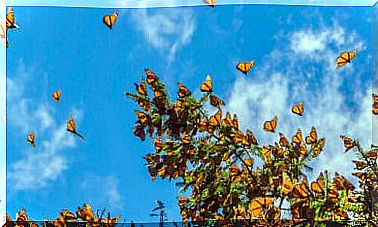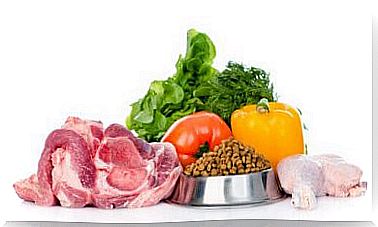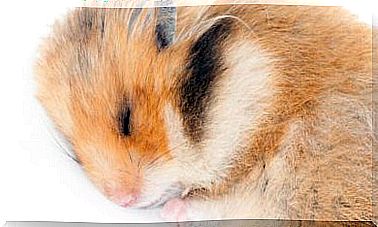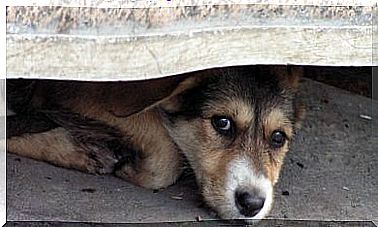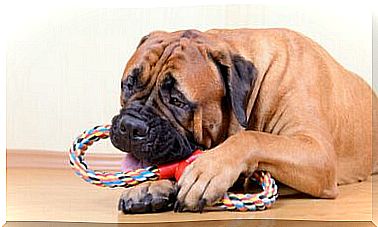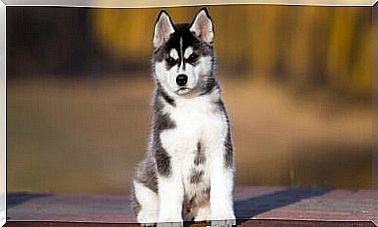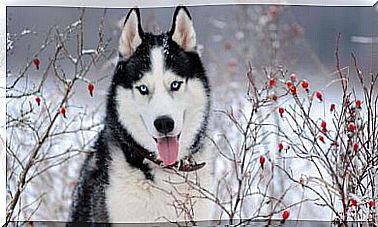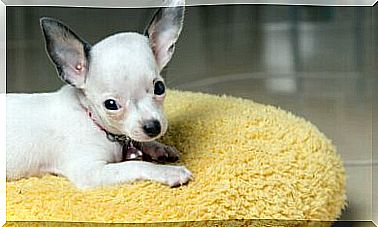Necessary Nutrients For Older Dogs
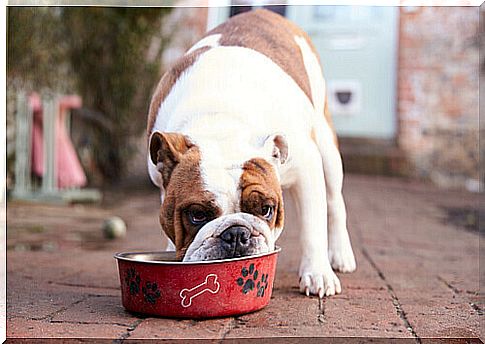
Aging is a process that, being natural, also comes to our best friends. We are not able to stop time, but we can offer a better quality of life for our pet during its old age and, therefore, it is essential to provide it with a diet rich in nutrients and vitamins necessary for elderly dogs.
Below, we summarize the pillars to ensure balanced nutrition for a senior dog:
Elderly dog food: more protein, less carbohydrates
Dogs live into their ‘third age’ between 7 and 12 years old, although this can vary depending on the breed and size of the animal. During this stage, their physical activity is considerably reduced and they begin to lose muscle mass, and this requires changes in their daily diet.
It is necessary to decrease carbohydrate intake; this nutrient is the main source of energy for the body and should be present in your diet, but in smaller amounts.
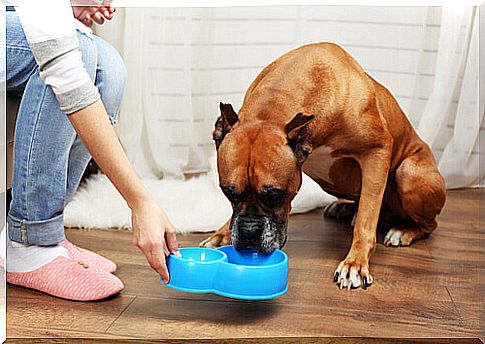
Quantities should be small and adequate to prevent weight gain. Overweight tends to facilitate the appearance of many diseases, such as hypertension and diabetes, makes pain more acute and accelerates the degeneration of musculoskeletal pathologies, such as arthritis and hip dysplasia.
On the other hand, your diet must be enhanced by high quality protein. Proteins are some of the nutrients needed by older dogs as they help to compensate for the natural loss of muscle mass. As they are easy to digest and break down into small molecules, they also allow for better nutritional use.
Necessary Nutrients for Elderly Dogs: Vitamin C
When we age, our body cells undergo an oxidation process. The consequences are multiple and noticed mainly in the decrease in the performance of brain activities. Dogs experience a very similar organic process: the intense oxidation leads to the death of neurons, which leads the animal to dementia.
Dementia in dogs is manifested by a progressive loss of cognitive and sensory functions. Vision and hearing are the senses that are most easily affected, while smell tends to show more resistance to the degenerative process.
As the years progress, the animal begins to lose its cognitive abilities. This brings with it the inability to recognize commands and many difficulties relating to spatiotemporal localization.
In this panorama, vitamin C also appears as one of the necessary nutrients for elderly dogs. This powerful natural antioxidant is able to slow down cell aging, which slows down brain wear.
Thanks to it we can fight and control the symptoms of senile dementia. In addition, to enhance the action of vitamin C, the administration of certain substances, such as phosphatidylserine, is also recommended.
Fats in an elderly dog’s diet
Fats constitute an energy reserve and participate in the production of several important hormones for dogs. Therefore, they must be present in a controlled way in the diet of an elderly dog. However, as with human food, there are also good and bad fats in the dog’s diet.
Saturated or ‘trans’ fats can promote weight gain and accelerate the process of dementia. The opposite occurs with unsaturated fats, such as omega-3 and omega-6, which are cardiovascular protectors and have anti-inflammatory and antioxidant properties.
It is worth noting that it is always important to pay attention to the weight of the animal, as some dogs can become extremely thin when they reach an advanced age; they are rarer cases that require a high intake of beneficial and unsaturated fats.
Balanced food for older dogs
A balanced diet for a senile dog should be based on balanced foods specific to the ‘third canine age’. These rations have the proper proportions of nutrients needed by older dogs.
Therefore, it is important to pay particular attention to the quality of the protein used. Many foods add a lot of vegetable protein –grains such as corn and soy– in their formula, which impairs digestion.
If the animal has difficulty chewing, the ideal is to offer the food in the form of a consistent puree. To prepare it, just add water or hot chicken broth over the food portion and let it settle. When the baby food is at room temperature, just mix well and serve.
Finally, you can also add pâtés and moist food to complement the diet and facilitate chewing.
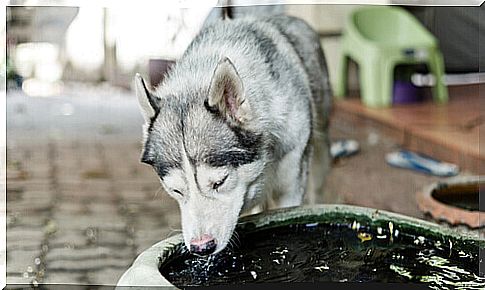
Hydration of an Elderly Dog
An elderly dog tends to naturally decrease the frequency with which he drinks water, but it is important to remember that water is also one of the essential factors in life.
Therefore, you should not neglect your diet or hydration, which is why it is important to leave fresh, clean water at your disposal, at all times. If a dog shows difficulties or lack of interest in drinking water, it is again possible to resort to baby food. But in this case it is recommended to offer a more liquid baby food.
